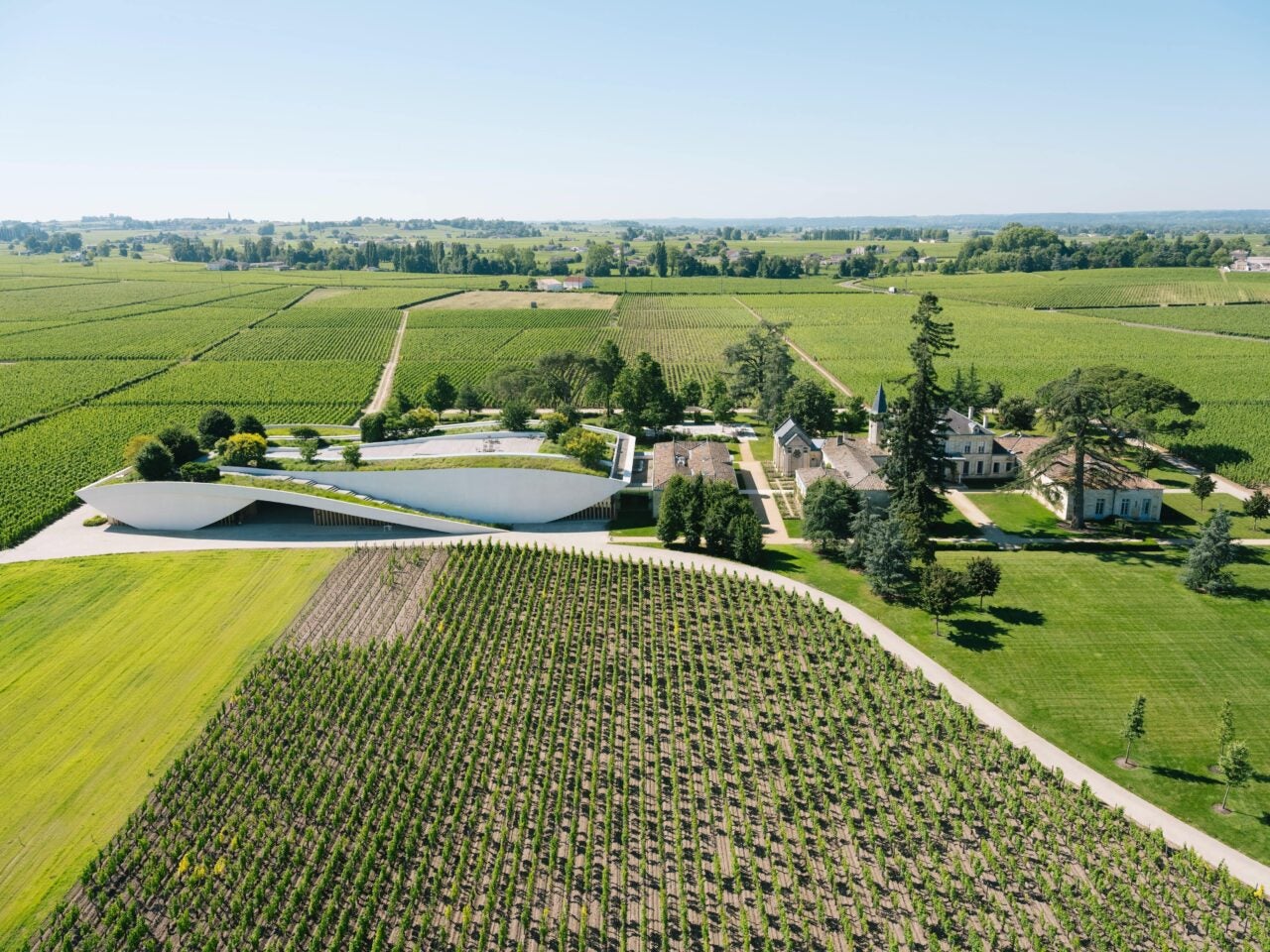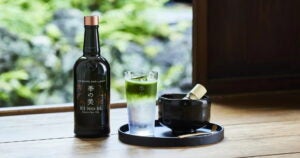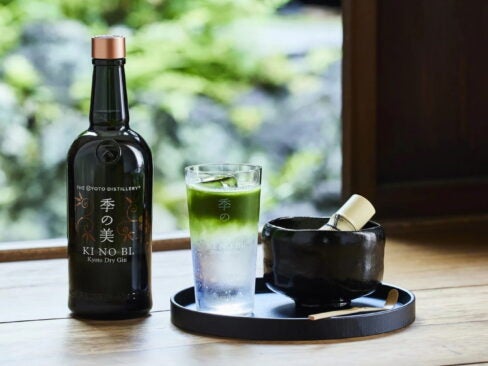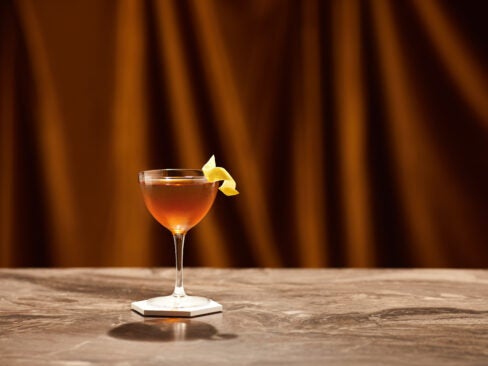Insect hotels and weed-nibbling sheep in vineyards, recycled paper for labels and leftover grape skins turned into soles of running shoes are a few recent environmental initiatives in the world’s largest fine wine region. Once thought of as stodgy and slow to change, Bordeaux vineyards have been on a sustainability fast track for the past decade.
Last year, Pomerol, home to Château Petrus, became the first appellation to ban herbicides. Next year Château Cantenac Brown in Margaux will debut a new rammed earth cellar that will need no air conditioning.
The buzziest trend among Bordeaux vineyards is agroforestry, which involves planting trees and bushes among the vines, as was done in the past. “A tree in the middle of a field or on its perimeters has a positive impact on water, the climate and the quality of the soil,” according to agronomist Alain Canet, a specialist in agroforestry who worked with Château Cheval Blanc and sees trees “as a precious tool for viticulture.”
[See also: Responsible Wineries Creating Sustainable Fine Wine]
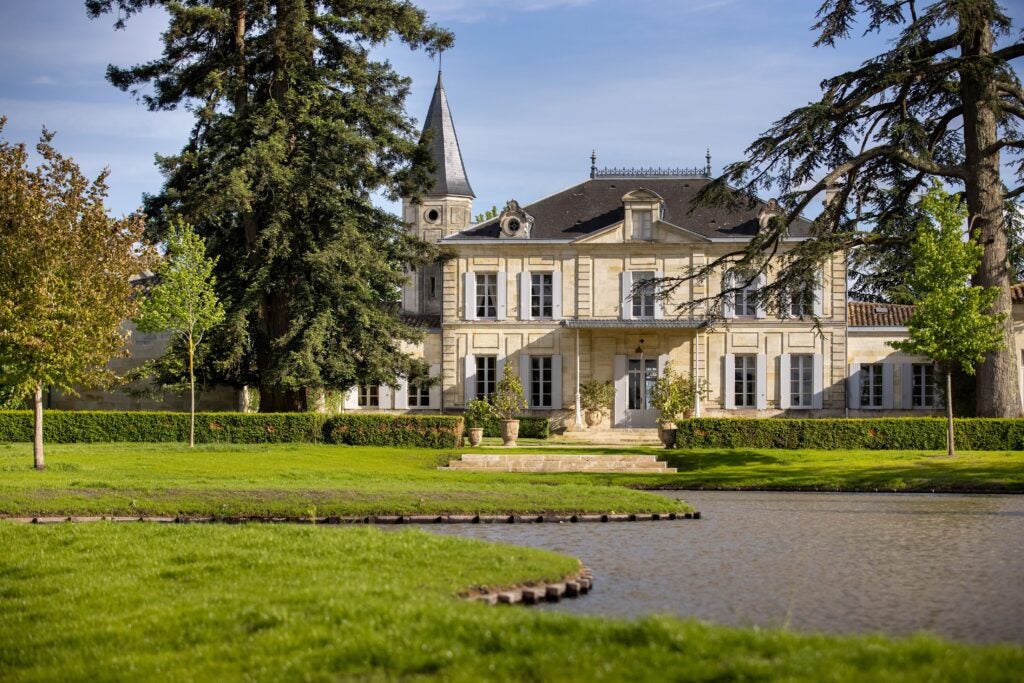
Claire Villars-Lurton, owner of Château Haut-Bages Libéral in Pauillac, is a pioneer in the approach. Her estate is one of the few crus classés certified as both organic and biodynamic. After experimenting with agroforestry in her vineyards for about 15 years, Villars-Lurton began planting one row of trees for every 14 rows of vines last year, swapping some vines for trees.
Not just any variety will do. Her carefully selected mix includes peach, cherry, walnut, birch, country maple and Siberian elm, which are symbiotic with vines. Among the long list of benefits is the way the branches and leaves shelter birds and insects to increase biodiversity and offer shade from the midday sun during increasingly frequent heat waves.
Trees are also at the heart of the passionate farming approach at Château Cheval Blanc, one of the most famous estates in Saint-Emilion. That was just beginning a decade ago, with the opening of a gorgeous cellar whose roof was covered with wildflowers, bushes and trees. Now 1,000 fruit trees are planted in and around the vineyards. A tree’s root systems promote the growth of microscopic fungi that stimulate soil fertility by giving vines the trace and mineral elements they need.
President Pierre Lurton and technical director Pierre-Olivier Clouet plan a two-and-a-half mile green band of hedgerows to border the entire estate. Last fall Cheval Blanc released a 47-page manifesto to detail their efforts to find long-term solutions to environmental issues created by climate change. One of them is agroforestry. The big takeaway: It’s all about taking inspiration for vineyards from nature.
Take Two // All Natural
2020 Ceres De Haut-Bages Libéral
Call it Bordeaux’s first cru classé natural wine. This new super-value cuvee, made from Merlot with no sulfites, comes from a vineyard cultivated with agroforestry. Intensely fruity and floral, it’s also delicate and drinkable now. As for the name, Ceres is the Roman goddess of agriculture and fertility.
From $25, hautbagesliberal.com
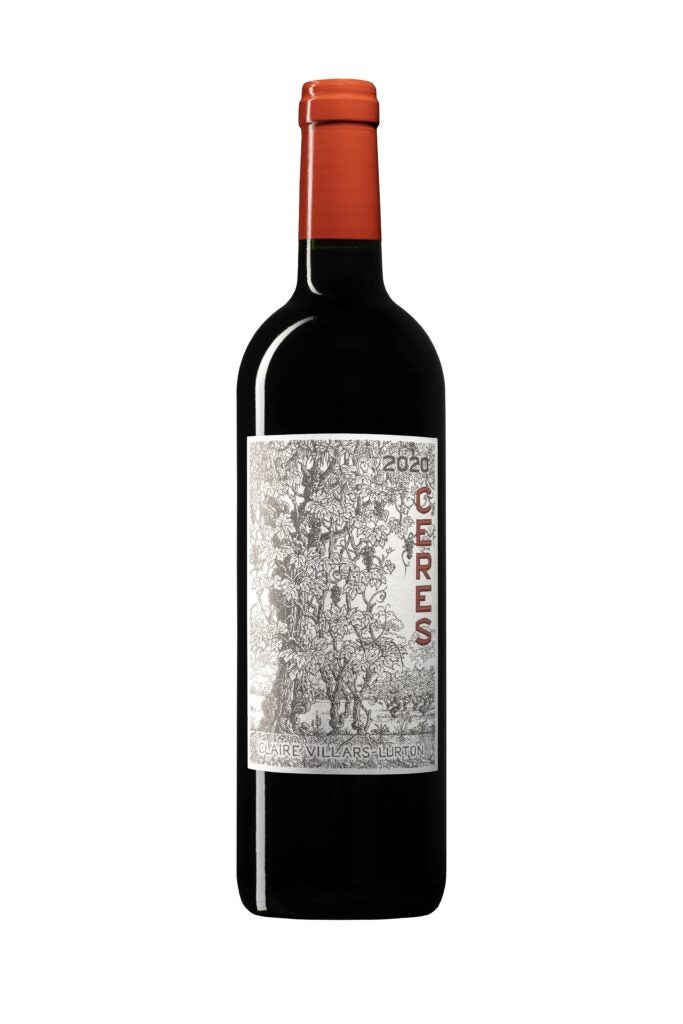
2018 Château Cheval Blanc
This very expensive, sumptuous and complex blend of Merlot, Cabernet Franc and Cabernet Sauvignon is a wine to put away for a few years. All the vineyard improvements have had an impact, giving the wine floral freshness, sparky energy, suave density and pure elegance over power. It’s a star of the vintage.
From $1,090, clos19.com
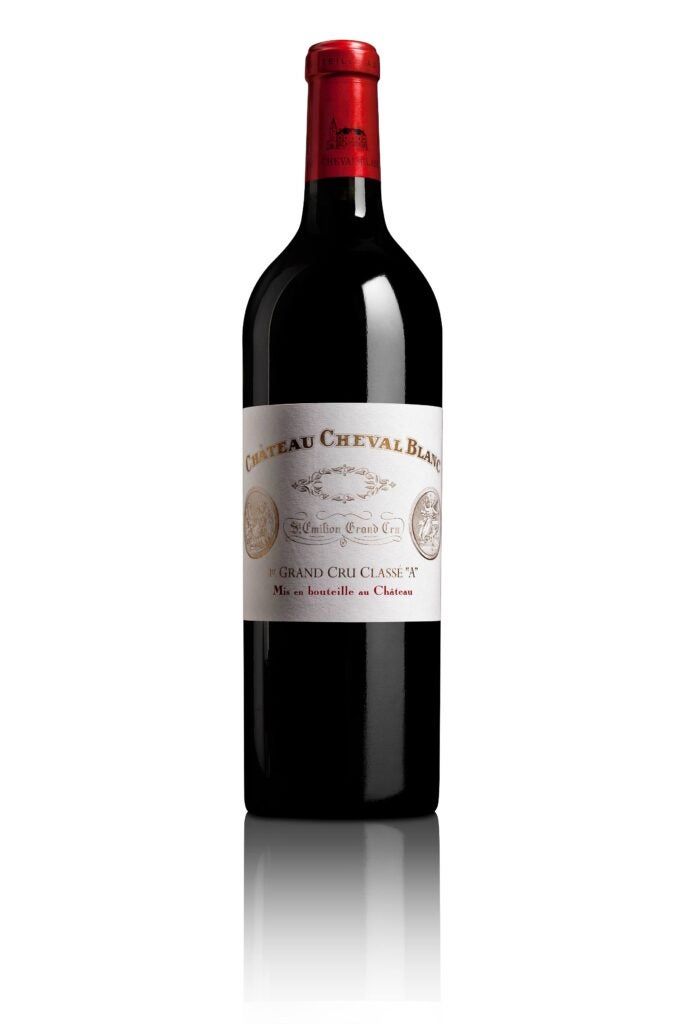
[See also: Justerini & Brooks Looks to a New Generation of US Winemakers]





